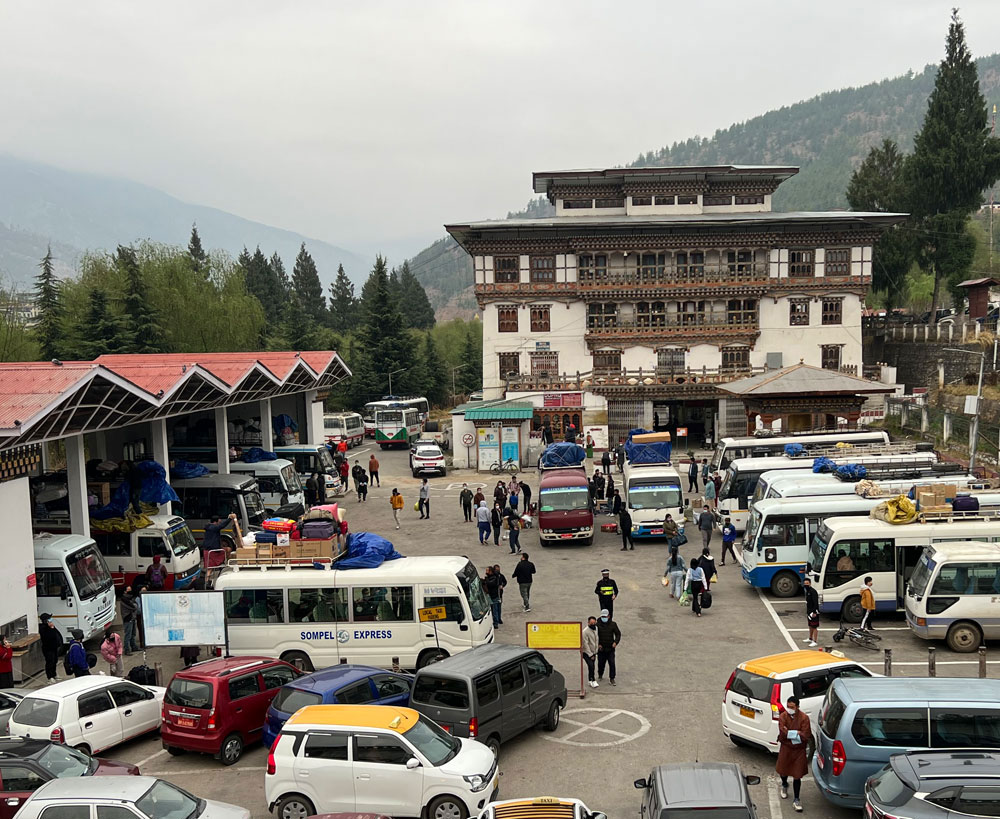KP Sharma
As the countdown to poll day ticks away, voters from distant places who could not avail themselves of postal ballot facility are now travelling to their respective polling stations to show support for their preferred candidates.
As per the electoral roll for the National Assembly (NA) elections, released by the Election Commission of Bhutan (ECB), out of the total 496,836 eligible voters in the country, only 125,949 have registered as postal voters.
However, this marks an increase of 20,196 postal ballot voters compared to the National Council election in May, which had 105,753 registered postal ballot voters.
The deadline for the returning officer (RO) to receive postal ballots is November 29.
Unlike the 2018 election, the ECB has decided to discontinue extending the facilitation booths and postal ballots services to certain agencies that are not eligible as per the Election Act.
This change has forced voters from non-eligible agencies and the private sector to travel to their villages or designated polling stations to cast their votes, which comes at a huge cost.
Dechen Wangdi, a 55-year-old resident from Bumthang, who lives with his son in Thimphu decided to travel to his village to exercise his voting rights since he did not have registered for postal ballot.
“It would have been more convenient if we had the option to vote from our current place,” he said.
Similarly, Sonam Dorji, employed at a consultancy firm, chose to take leave and travel to his village in Mongar, as one of the political candidates is his relative. He has to carefully consider both the financial implications and the support needed for the candidate.
“A few of our family members are also planning to cast their votes in the village this time,” he added.
Tshering Zangmo and her husband Namgay, who runs a small pan shop in Thimphu, will not be able to participate in the election as the couple has a child, and travelling to their village would pose both logistical and financial support.
“The time is too short for us to plan the travel,” Tshering Zangmo said.
Most of the people belonging to lower-income groups have opted not to vote, citing financial implications and the lack of facilities to exercise their adult franchise.
“We have permitted the employees to take leave as it is their individual right, and we must respect that,” an official from a corporation said.


